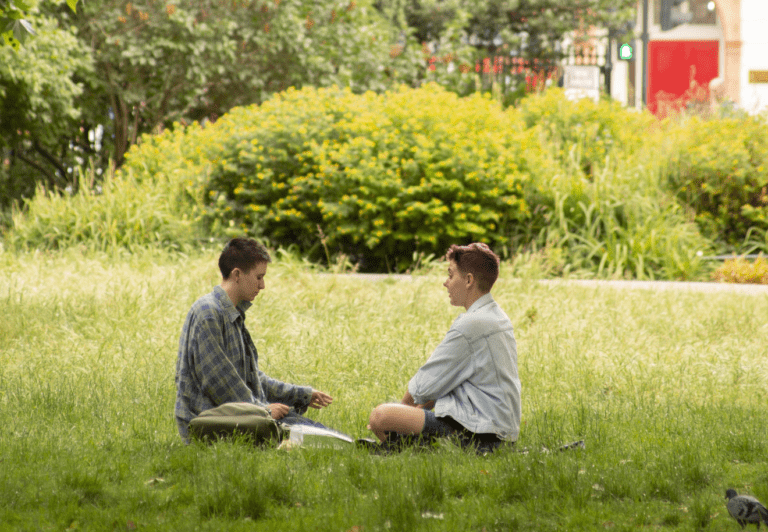Gratitude has been celebrated throughout history, religions and cultures as the key to happiness, but is it still possible to practice gratitude in the 21st Century? Practicing gratitude can regularly decrease stress and build resilience, but it can sometimes feel that modern life gets in the way.
In this blog post, we’ll take a look at how we can all feel a tiny bit more grateful each day.

The 21st Century has a seemingly endless supply of social, political and environmental crises, on top of the ups and downs in our individual lives. We’re constantly being pushed to buy more than we need, or live the life we can’t afford, and it’s hard to feel grateful for our blessings when this makes us feel like we’re missing out.
Wouldn’t we all feel grateful if it wasn’t for this and that and everything else in between, and did you even see the news last night?! We might feel grateful once we get the house, job, relationship etc. of our dreams, but only momentarily.
After an initial high we return to thinking the grass is greener elsewhere and life’s renowned for always finding a spanner to put in the works.
Practicing gratitude regularly can make the tough times easier to bear. It even changes the molecular structure of the brain in a similar way to meditation, releasing feel good chemicals and changing the way we see ourselves and the world. So, whilst we may not have everything we want, we appreciate what we have and it becomes enough. So long FOMO…
Simply put, practicing gratitude on a regular basis makes us feel physically and emotionally better, from reducing PTSD in war veterans to improving blood vessel function in heart attack patients. It’s unclear how this happens. Perhaps it’s because gratitude improves sleep and reduces stress which in turn supports the immune system, brain function and mental well-being, so people are more likely to engage in healthy behaviours and follow their doctors’ recommendations.
It’s easy to do and doesn’t cost a penny. Just start is by writing down three things each day that you’re grateful for. It doesn’t have to be complicated, but be as specific as possible and just savour experiencing gratitude for them. This can be a great activity to do with children, as children who regularly practice gratitude have more positive attitudes toward school and their families. It’s also a great bedtime activity as it relieves you from the day’s anxieties, helping you sleep better and longer.
If this has piqued your interest, why not come to our workshop on Thursday 24 March to find out more?

